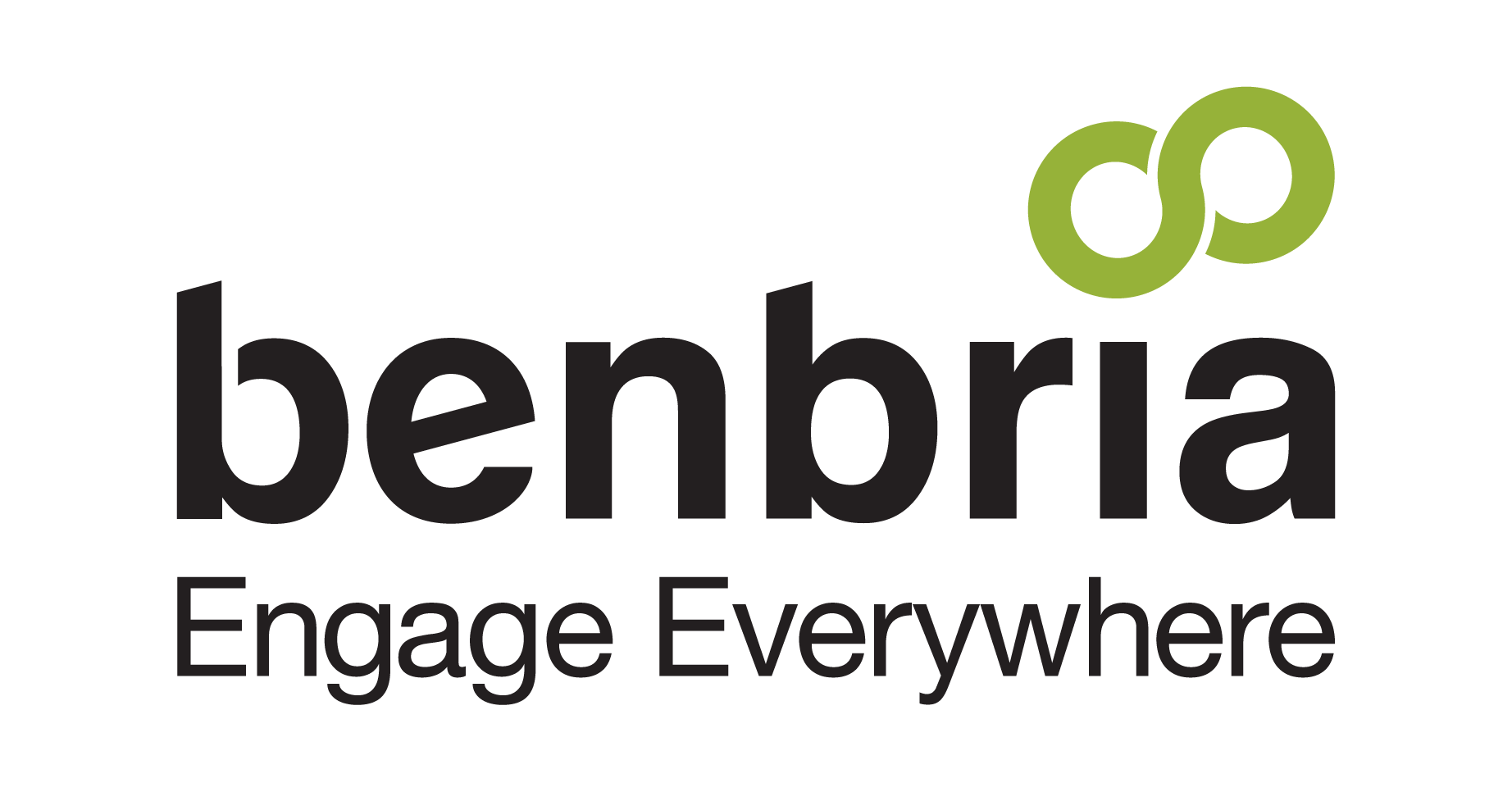Data. Most brands covet it, but consumers aren’t always willing to part with it — and those who unknowingly part with it are sometimes less than pleased when brands use it. Nevertheless, brands must acquire as much of it as they can if they want to differentiate themselves from their competition. Hotels that are maximizing guest data have several distinct advantages over those that don’t. Here, we break down the areas where maximizing guest data can bring value to hoteliers.
Getting Direct Bookings
In the U.S., 27 percent of 2015’s hotel bookings came through an OTA, travel agent, or travel wholesaler, according to a study by Kalibri Labs and the American Hotel & Lodging Association. That number is up from 19 percent in 2011. It’s clear that travelers are increasingly relying on OTAs to make travel decisions and bookings, and that trend is unlikely to change.
If the array of direct booking campaigns launched by leading hotel brands over the past couple of years are any indication, hoteliers are loath to hand a cut of their profits over to the OTAs. This is understandable, since most OTAs take a cut of anywhere between 10 and 30 percent for each booking. And while some may argue that hotels should continue to make OTAs an important component of their distribution strategy, it makes sense for hoteliers to try to convert as many of those OTA guests to direct booking as possible.
The challenge here, however, is that OTAs have “worked out ways to restrict hotels’ ability to contact guests directly, such as not providing the email address of the guest or not informing the hotel about the purpose of their trip”, as this article from Skift points out. If hotels start maximizing guest data by capturing guest emails, be it by asking directly or getting them to provide their contact information through a loyalty app or messaging system, that makes it all the easier to appeal to them to book direct next time via marketing messages.
Directing Targeted Marketing
Sending your guests general marketing messages won’t tempt them to return to your property. On the contrary, they’re more likely to be annoyed when they receive communications that have nothing to do with them or their interests.
That said, targeted messages maximizing guest data— such as a discount for a massage for the guest who loves to go to the spa, for example, or a free drink at the hotel restaurant for the devoted foodie — will net you more conversions and, by virtue, more revenue. Eighty-one (81) percent of consumers who receive marketing emails are at least somewhat likely to purchase as a result of message personalization, while 82 percent are at least somewhat willing to receive additional messages as long as they are personalized. Maximizing guest data on preferences and past purchases can help you tailor your marketing messages to be as relevant as possible to each guest.
Improving Service
Almost half of travelers believe the majority of reviews written on TripAdvisor are trustworthy, and 41 percent of travelers would cancel a booking based on the contents of a TripAdvisor review.
That’s why knowing what guests do and do not like about their stay is the key to winning their loyalty and attracting new guests to your hotel. Many hoteliers accomplish this by monitoring their property’s page on TripAdvisor. There are, however, other ways to accomplish this without exposing issues at your hotel to everyone on the internet.
Post-stay surveys administered by the hotel are one way to go about it. Another is to implement an on-site feedback system that can compile data and generate reports that give managers a view into what is and isn’t working for their guests. By maximizing guest data and having it in hand, managers can address guest issues while they’re still on the property, negate the incidences of unflattering online reviews, and encourage guests to post more positive reviews.
Personalizing the Guest Experience
Particularly in high-end hotels, guests want to feel that their interests, tastes, and preferences are being taken into account by the hotel — and the hotelier that meets this demand will establish their brand as a place worth returning to next time their guests travel. Thankfully, most guests requests aren’t as outrageous as these examples, but learning which newspaper your guest prefers, for example, means you can place it in their hotel room before they arrive and earn their loyalty. These preferences can be logged under the guest’s profile in your hotel’s PMS so that front-line staff can easily retrieve it when needed -maximizing guest data.
Additionally, personalization can help drive more revenue. Offering the guest relevant services boosts the likelihood that they will buy, encouraging them to spend more and increasing the value of each guest’s stay.
How are you maximizing guest data? Let us know in the comments, or on social media: LinkedIn | Facebook | Twitter | Instagram.




